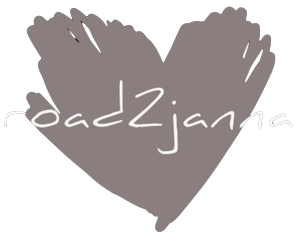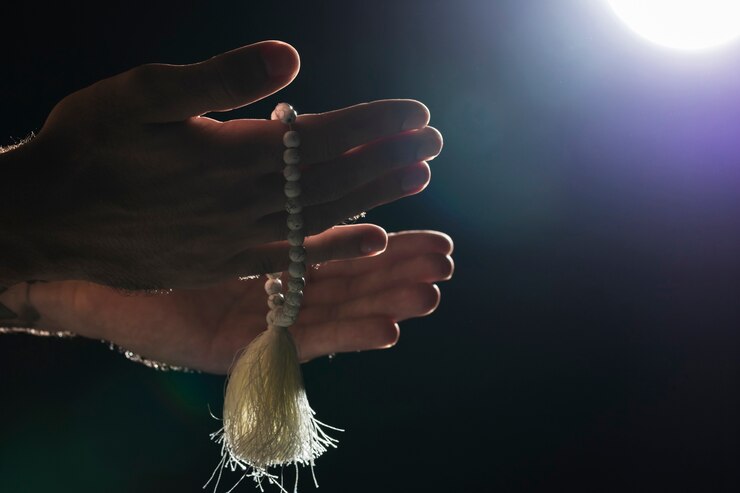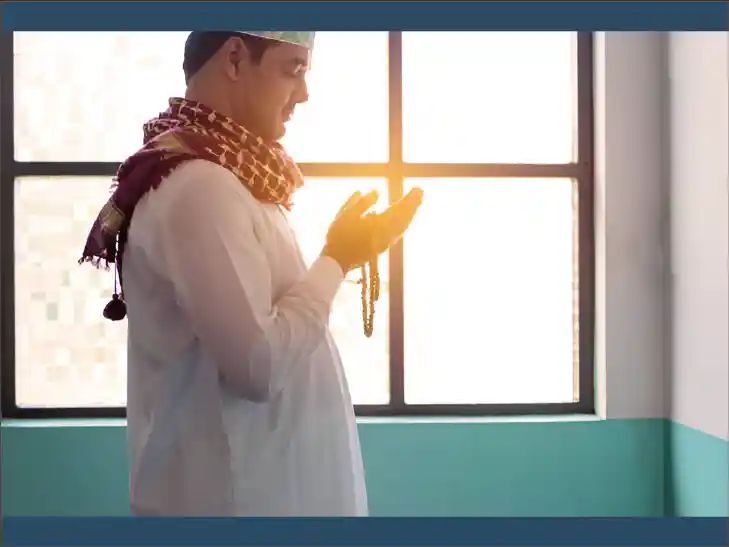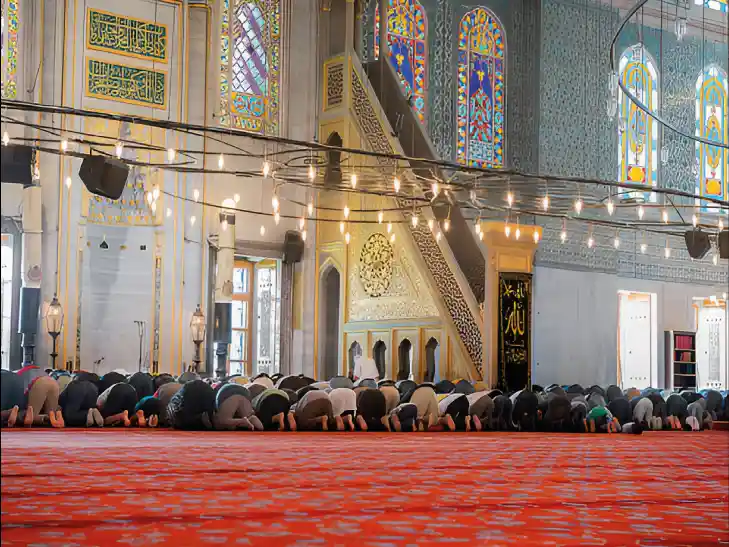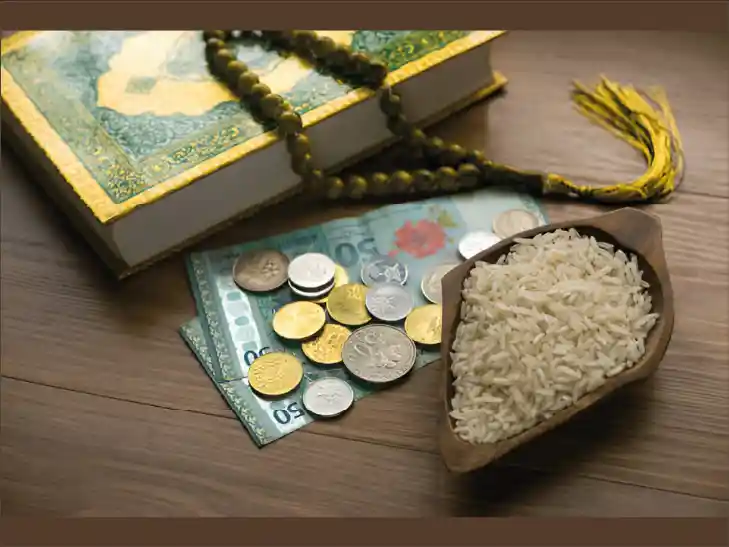Life in Barzakh: Rewards and Punishment Of The Grave
“When death approaches any of them, they cry, “My Lord! Let me go back, so I may do good in what I left behind.” Never! It is only a ˹useless˺ appeal they make. And there is a barrier behind them until the Day they are resurrected.”
(Surah Al-Mu’minun: Verse 99-100)
For some people, this is the only life they get. And they live it as such. The line between permissible and prohibited becomes blurry to them, and their desires are always the priority. However, after living their whole life away from Allah, when it is finally time to return, they start begging Him to let them return to do just a little good. This is where Allah mentions what a futile prayer that is, as the dead will never return to this world. As their deeds are sealed, they can only wait for the Day of Judgement.
This is Barzakh, the life of the grave. It is the only barrier between the dead and the Day they are presented in front of Allah to be held responsible.
The Death of a Believer vs. Disbeliever
It is believed that the rewards and punishments of a person start right after their death. In a hadith narrated by Abu Hurairah, The Prophet (peace be upon him) described the scene of a dying person and the immediate incidents that happen after death,
“When the believer is dying, the angels of mercy come to him with white silk and say: ‘Come out content and with the pleasure of Allah upon you to the mercy of Allah, fragrance and a Lord Who is not angry; So it comes out like the best fragrance of musk. They pass him from one to another until they bring him to the gate of heaven, where they say: ‘How good is this fragrance that has come to you from the Earth! Then the souls of the believers come to him and they rejoice more over him than any one of you rejoices when his absent loved one comes to him. They ask him: ‘What happened to so-and-so, what happened to so-and-so?’ They say: ‘Let him be, for he was in the hardship of the world. When he says, ‘Did he not come here?’ They say: ‘He was taken to the pit (of Hell).’ Come out discontent, subject of Divine wrath, to the punishment of Allah, the Mighty and Sublime; So it comes out like the foulest stench of a corpse. They bring him to the gates of the Earth, where they say: ‘How foul is this stench!’ Then they bring him to the souls of the disbelievers.”
The ‘come out’ said in the hadith above refers to angels making the soul come out of the body. Whereas the believer comes out content and fragrant and meets with lovingly believing souls, the disbelievers, on the other hand, come out with disgrace and foul odour because of their sins.
Treatment in the Grave
It is of critical importance to be treated right in the grave because it is a glimpse of how a person will be treated after the Day of Judgement, i.e. whether they will go to Heaven or Hell. It is said in a hadith by Prophet Muhammad (Peace be upon him):
“Indeed the grave is the first stage among the stages of the Hereafter. So if one is saved from it, then what comes after it is easier than it. And if one is not saved from it, then what comes after it is worse than it.” And the Messenger of Allah said: “I have not seen any sight except that the grave is more horrible than it.”
Reaping Rewards
There has not been any clarification in the Quran or hadith regarding the life of the righteous in the grave. The true nature of their time in the grave is known only by Allah.
To know more, visit The life of the Righteous in the grave
Suffering Through Punishments
The punishment one might face in one’s grave has been discussed quite a few times in the Quran. One well-known verse regarding the punishment of the grave is that of the people of the Pharaoh. Allah says in the Quran,
Another verse from the Quran which warns us of the punishment of the grave is that,
